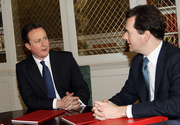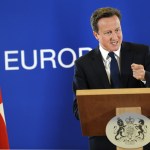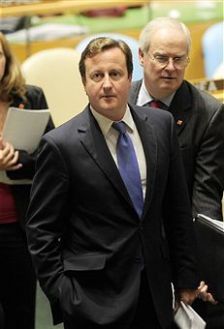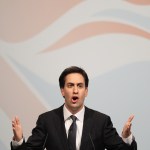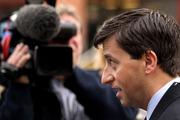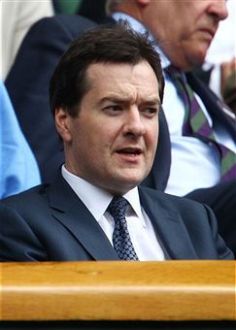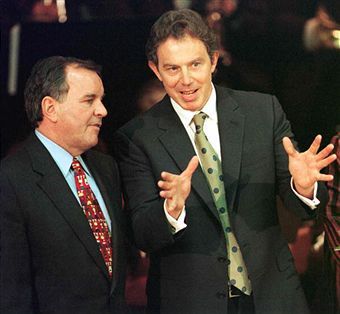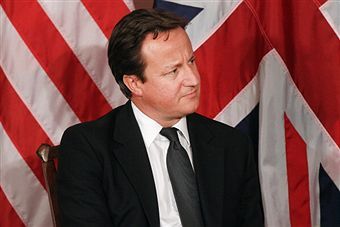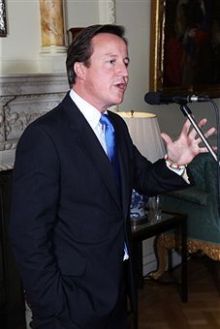Cameron and Osborne respond to Miliband
Senior Tories are saying that there won’t be many attacks on Ed Miliband from the party’s big hitters at conference. They are concerned that aggressive assaults on him could win him public sympathy. But both Cameron and Osborne respond to one of the central arguments of Miliband’s speech in their pre-conference turns. Cameron writes in the Mail that ‘the role for government is not to single out good and bad industries, it’s to make it easy as possible for all industries, all businesses, to grow, invest and take people on.’ While as the Telegraph reports, Osborne ‘scorns Mr Miliband’s suggestion this week that the Government should distinguish between “producers” and
